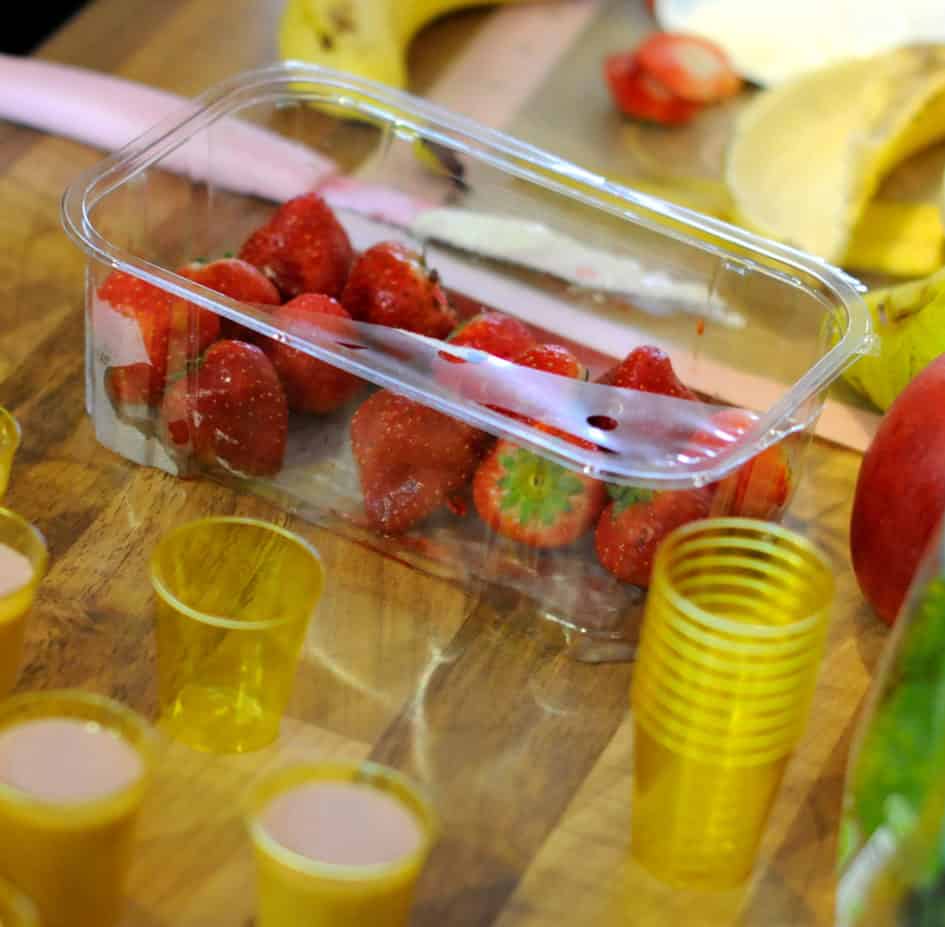Stress and Nutrition
This week is National Stress Awareness Week. Beyond the Barriers' leading nutritionist Jenny Tschiesche shares some of her insights on the link between stress and nutrition.
Stress and Digestion
I am sure you have heard of people experiencing a “nervous stomach” or have yourself perhaps felt unable to eat or even a desire to eat more, and not necessarily the optimal (health wise) foods whilst under stress. Stress can affect our health both directly and indirectly. Perhaps one of the least understood areas was until recently the effect of stress on digestion.
If we are under stressful conditions our body produces less stomach acid (also known as ‘hydrochloric acid’), lower levels of digestive enzymes and as a result our digestion works more slowly than normal. This sluggish digestion has been linked to an increase in the rates of irritable bowel syndrome (IBS) as well as gut permeability (also known as ‘leaky gut’) induced food intolerance.
There is further evidence to suggest that gut bacteria may respond negatively to stress. People under stress appear to have less healthy microbiomes. As this is a line of immune defence, they’re more prone to infection, pathogens and digestive problems.
What can you do to combat this?
- Use lemon or lime juice in water consumed close to meals to stimulate acid production and help break down foods.
- Eat papaya and pineapple for dessert during times of stress as these contain the digestive enzymes papain and bromelain.
- To help your body during stressful periods try to consume foods that are easier to digest such as homemade vegetable soups and broths, white fish, rice and lower sugar fruits such as berries and Granny Smith apples.
Stress and Weight Gain
Poor diet choices such as a diet too high in processed, sugary and refined carb-based foods can lead to a sharp rise in blood sugar levels. It is no coincidence that ‘stressed’ spelt backwards is ‘desserts’! In addition, overtraining, not sleeping enough, or not including enough pleasure in your daily life can cause stress that also contributes to a sudden rise in blood sugar levels. This sharp rise can lead to weight gain, sleep disturbances, and even a reduction in life span.
What can you do to combat this?
- Eat a higher fibre diet with an abundance of vegetables (varied in colour), legumes and seeds/nuts.
- Reduce the amount of sugary foods and refined carbohydrates.
- Increase good quality proteins.
For more information on our nutrition programmes and workshops for compaines please visit our website section on Nutrition. Alternatively, please get in touch.

Published: Tuesday 5 November 2019
Written by: Jenny Tschiesche, Nutritionist



